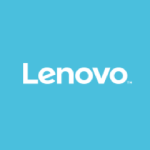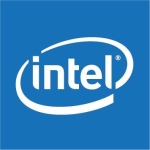We primarily use the solution in our company and our client's company.
I trust the hardware mostly.
There are some features like intelligent provisioning, et cetera, which are quite useful.
The ILO for management is great.
It's scalable.
The solution is stable and reliable.
I want to improve hyper-converged sites. We are mostly working with the DL series, however, now we are trying to work with more hyper-converged.
I've used the solution for more than 20 years.
We are really happy with HP ProLiant Servers. They are stable and reliable. There are no bugs or glitches.
We find the solution to be scalable.
At this time, we have more than 100 users on the solution.
We work with clients that have companies that vary in size, from small to large.
Technical support has been great. I have been quite satisfied with their level of assistance.
We use ProLiant Servers and SimpliVity. We've also worked with Dell. The quality of HP is better here in Turkey. It's faster, and they come with spare parts. There's a shorter timeframe to replace hardware if parts are defective.
How difficult or straightforward the implementation process is depends on the customer's location. We have lots of customers in Turkey. Some of them are complex, and some of them are simple.
We have three admins that can handle maintenance tasks.
While the price is okay, the price of Dell is lower.
I'm a reseller. We are HPE partners.
I'd advise users to try HP. It's a good solution. However, it depends on the customer. Some prefer working with Dell. If a company already has Dell infrastructure, we advise them to continue with Dell to have a homogenous environment.
I'd rate the solution nine out of ten.
When you compare hyper-converged with ProLiant, hyper-converged is more available due to the clusters; you can cluster it. However, for ProLiant, you have to find a solution with VMware or something like that, for example, third-party solutions. That said, on the hardware side, ProLiant has no cluster option.












